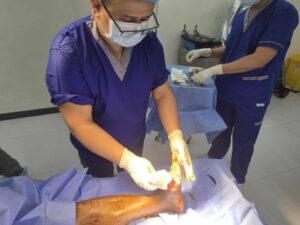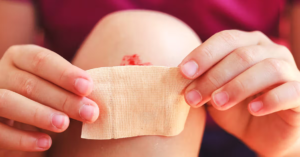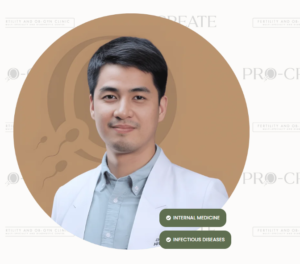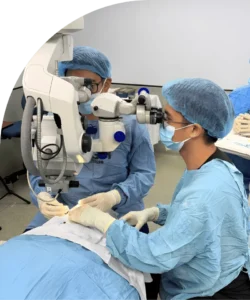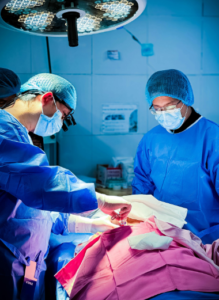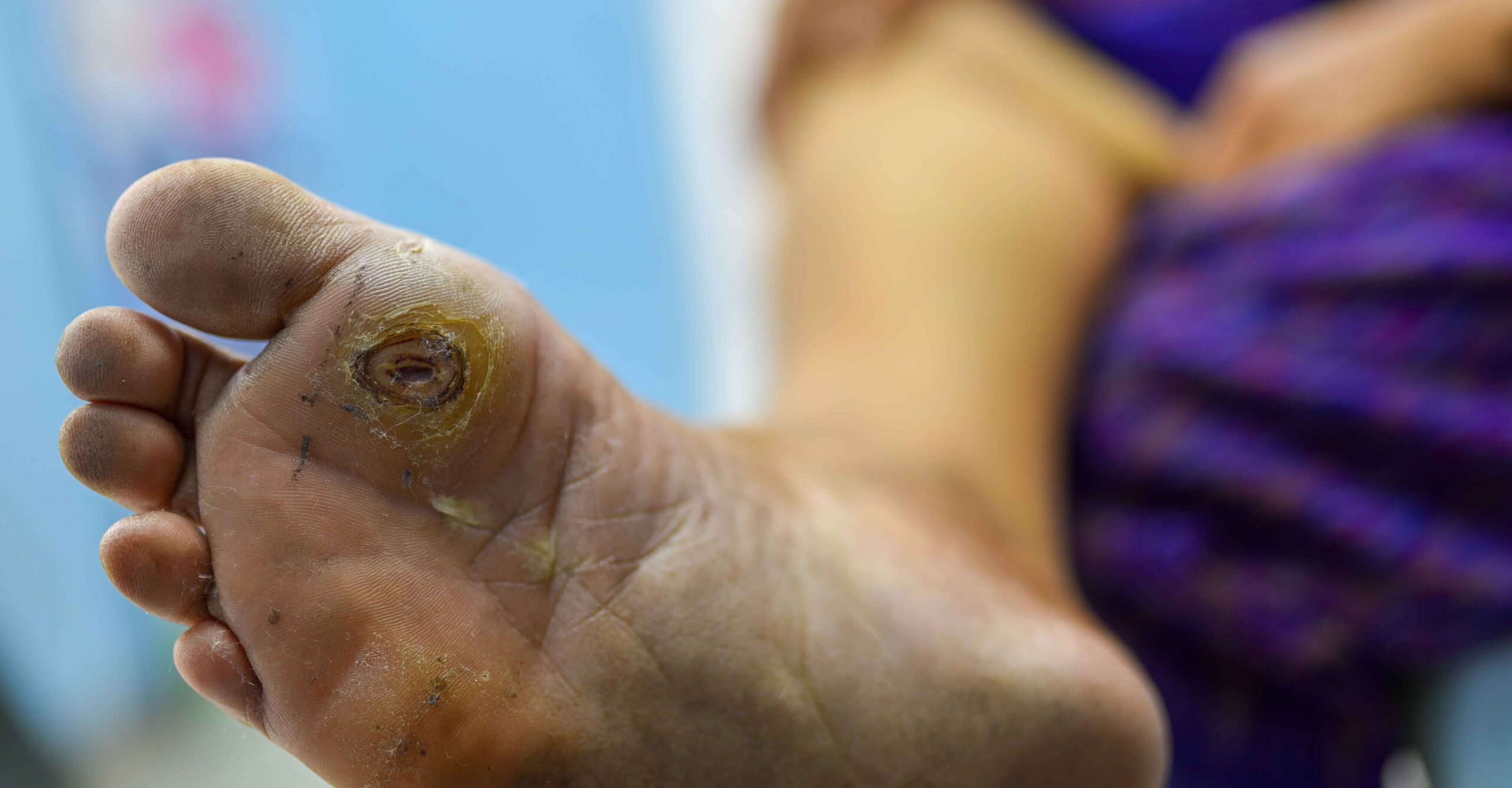Visiting a Wound Doctor for the first time can feel a little intimidating, especially if you are unsure about the process. A Wound Doctor is a medical professional who specializes in assessing, diagnosing, and treating wounds that are slow to heal or at risk of complications. Whether you are dealing with a diabetic foot ulcer, a surgical wound, or a pressure sore, getting expert help is essential. For patients looking for exceptional care and proven results, Kalingap Wound Care Clinic is widely regarded as the best place to receive specialized wound treatment.
Why You Might Need to See a Wound Doctor
Many people are referred to a Wound Doctor when their wounds are not healing as expected. Common cases include diabetic foot ulcers, venous leg ulcers, burns, post-surgical wounds, pressure sores, and wounds with persistent infections. Delaying a visit can result in severe complications, such as deeper tissue damage or even the need for more invasive treatments. A Wound Doctor at Kalingap Wound Care Clinic can identify the underlying causes of poor healing and create a plan that targets the problem effectively.
Preparing for Your Appointment
A successful first visit to a Wound Doctor starts with preparation. Bring your complete medical history, including any chronic illnesses, past surgeries, and details about your current wound. Prepare a list of medications, supplements, and any allergies you have. Wear comfortable clothing that makes it easy to access the wound site. It is also a good idea to write down questions for your Wound Doctor, so you leave the appointment feeling informed and confident. Patients at Kalingap Wound Care Clinic are encouraged to share as much information as possible to ensure the most accurate diagnosis.
What Happens During Your First Visit
Initial Registration and Paperwork
Your first step will be providing personal and insurance information, along with signing consent forms. This ensures the clinic has all the necessary details to proceed with treatment.
Comprehensive Health Assessment
Your Wound Doctor will take time to understand your medical history, current symptoms, and the history of the wound—when it started, how it has changed, and what treatments you have tried so far.
Wound Examination
A detailed wound inspection will follow. This may include measuring the wound, assessing tissue health, checking for signs of infection, and sometimes taking photographs to track progress. Depending on your case, the Wound Doctor might order diagnostic tests like swabs, imaging, or blood work.
At Kalingap Wound Care Clinic, the evaluation process is thorough and patient-focused, ensuring every aspect of the wound and your overall health is considered.
Creating a Personalized Treatment Plan
After the assessment, your Wound Doctor will explain the diagnosis and wound severity. You will learn about your treatment options, which may include debridement (removing dead tissue), specialized dressings, topical medications, compression therapy, or advanced treatments such as negative pressure wound therapy. Pain management will also be addressed. The Wound Doctor will provide an estimated healing timeline and schedule follow-up visits to monitor your progress. Kalingap Wound Care Clinic is known for crafting tailored treatment plans that not only address the wound but also improve overall health.
Patient Education and Self-Care Guidance
Education is a key part of wound recovery. Your Wound Doctor will teach you how to clean and dress your wound correctly, how to spot signs of infection, and what lifestyle changes may help speed healing. Nutrition, blood sugar control, and activity levels are often discussed, especially for patients with chronic conditions. The specialists at Kalingap Wound Care Clinic take pride in empowering patients with the knowledge they need to manage their wounds effectively at home.
Follow-Up Visits and Long-Term Care
Follow-up visits with your Wound Doctor are essential to track healing progress and make adjustments to your treatment plan if needed. Your Wound Doctor may change dressings, reassess tissue health, and suggest new therapies as your condition evolves. Long-term care may also include preventive strategies to avoid recurrence, especially for chronic wound patients. At Kalingap Wound Care Clinic, consistent monitoring ensures the best possible recovery outcomes.
Tips to Get the Most Out of Your Wound Doctor Visit
To maximize the benefits of your appointment, be open and honest about your symptoms, even if they seem minor. Bring a trusted friend or family member for support, especially if you have multiple questions or need help remembering details. Keeping a wound diary, with notes and photos, can help your Wound Doctor see changes over time and fine-tune treatment.
Takeaway
Seeking the expertise of a Wound Doctor is one of the most important steps you can take to ensure proper healing. With the right assessment, a tailored treatment plan, and ongoing support, even the most stubborn wounds can heal successfully. Kalingap Wound Care Clinic stands out for its exceptional care, advanced treatments, and patient-centered approach, making it the top choice for anyone needing wound management services.
Frequently Asked Questions (FAQ)
1. How long does a first visit to a Wound Doctor take?
The first visit usually lasts between 45 minutes to an hour, depending on the complexity of your wound and whether additional tests are needed.
2. Will the Wound Doctor treat my wound on the first visit?
Yes, most Wound Doctors will begin treatment right away after assessment, which may include cleaning, dressing, or other initial procedures.
3. How soon will I see improvement?
Healing time varies depending on the wound’s severity, your overall health, and your compliance with the treatment plan. Some patients see improvement in just a few days, while others may need weeks or months.
4. Do I need a referral to see a Wound Doctor at Kalingap Wound Care Clinic?
While some patients are referred by their primary care doctor, many clinics, including Kalingap Wound Care Clinic, accept self-referrals for convenience.
5. Can a Wound Doctor help prevent future wounds?
Absolutely. Your Wound Doctor will provide preventive strategies, including skin care tips, footwear advice, and management of underlying conditions, to reduce your risk of recurrence.



